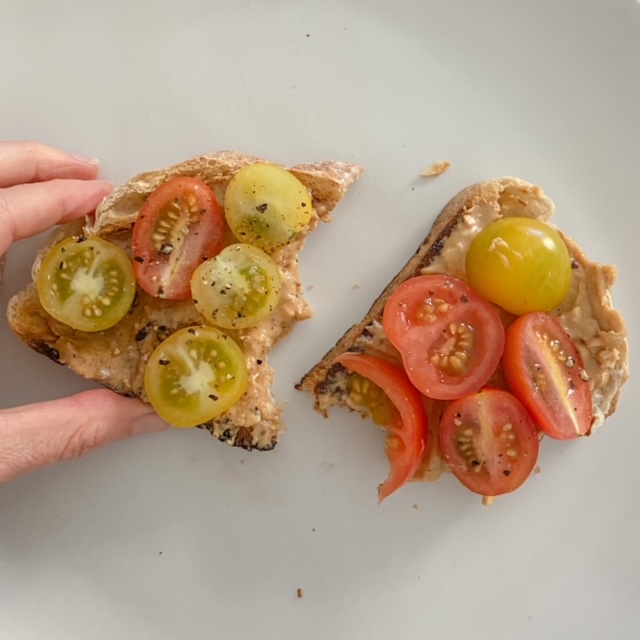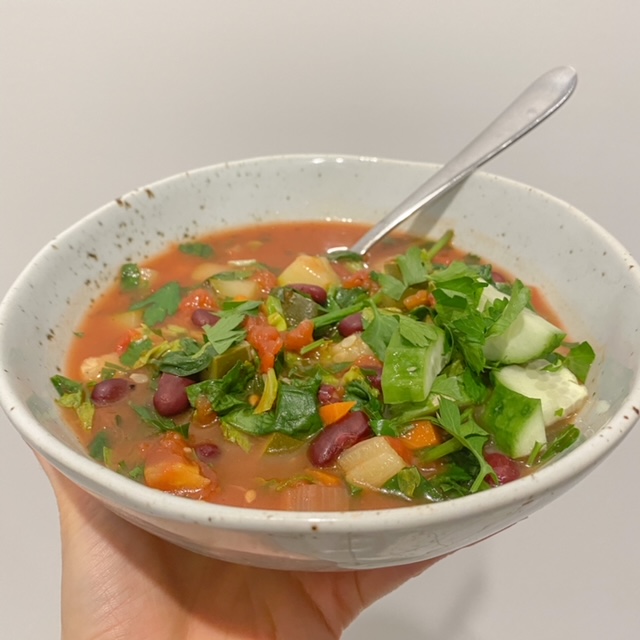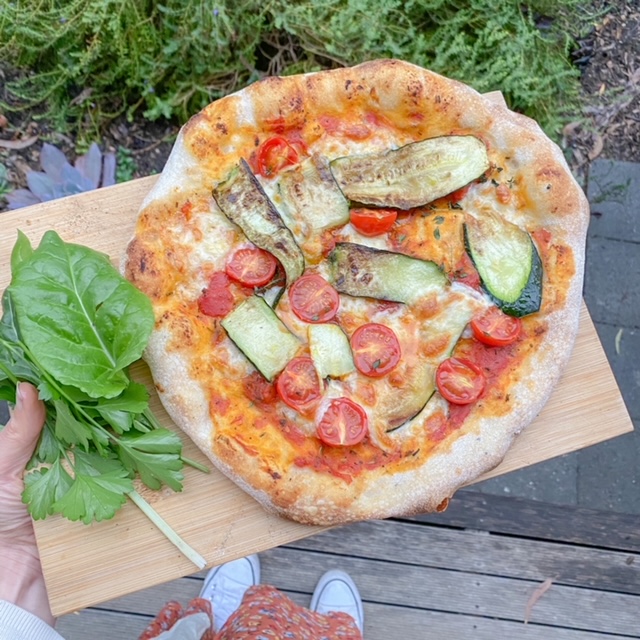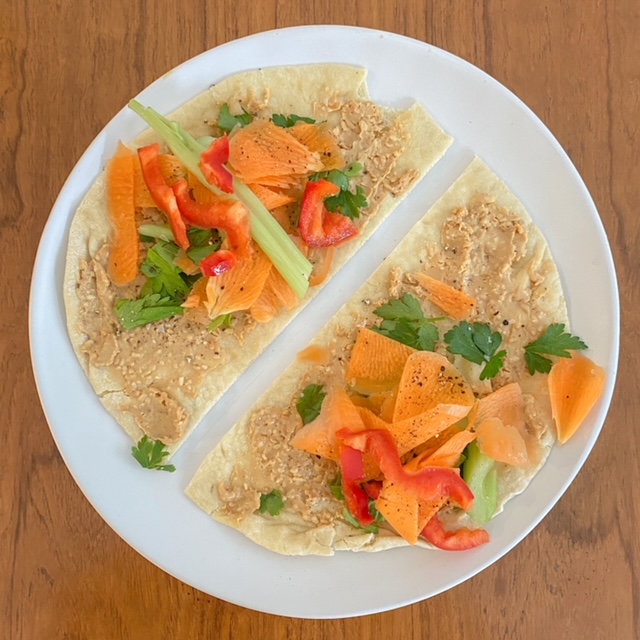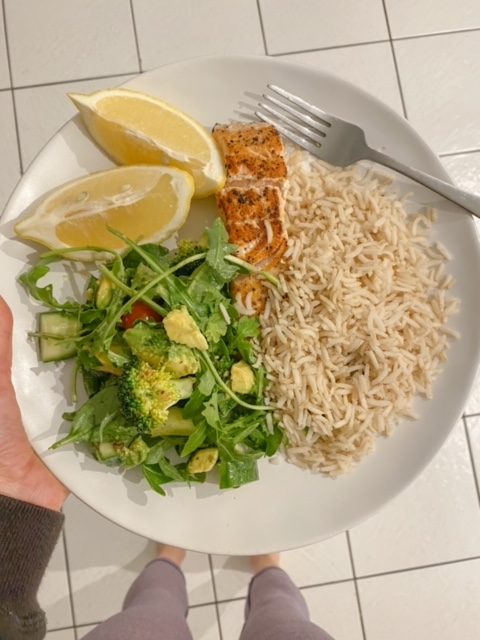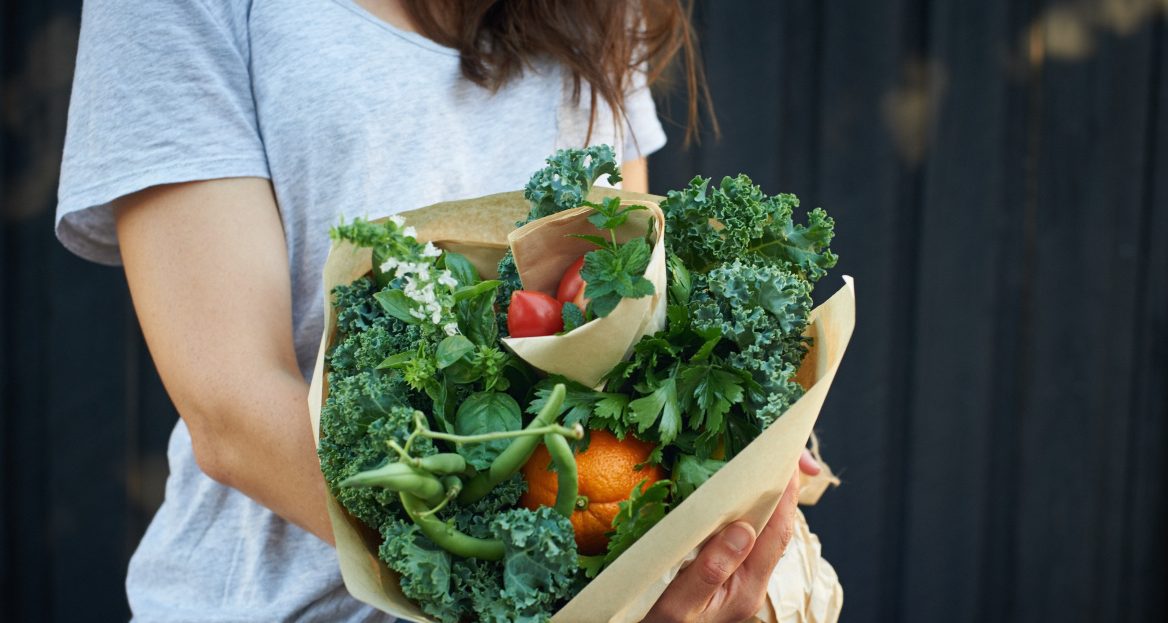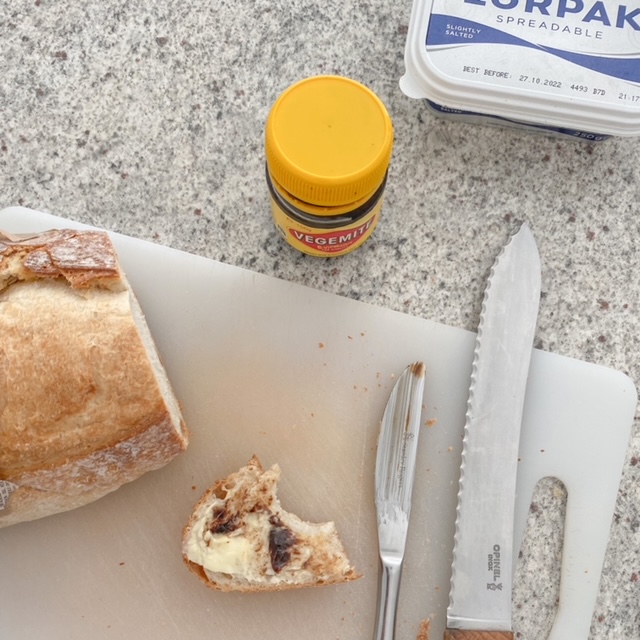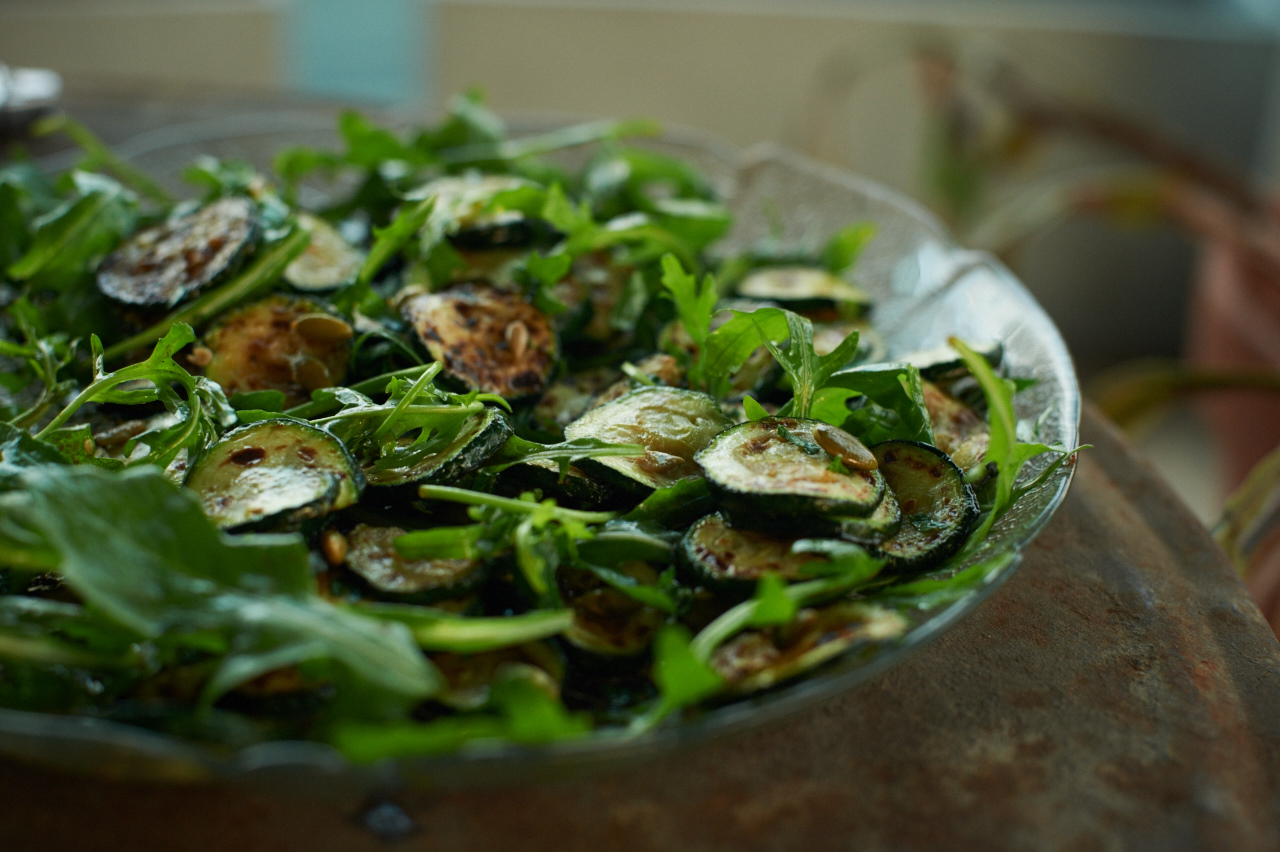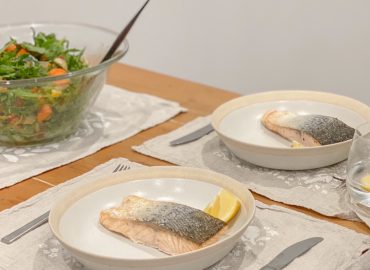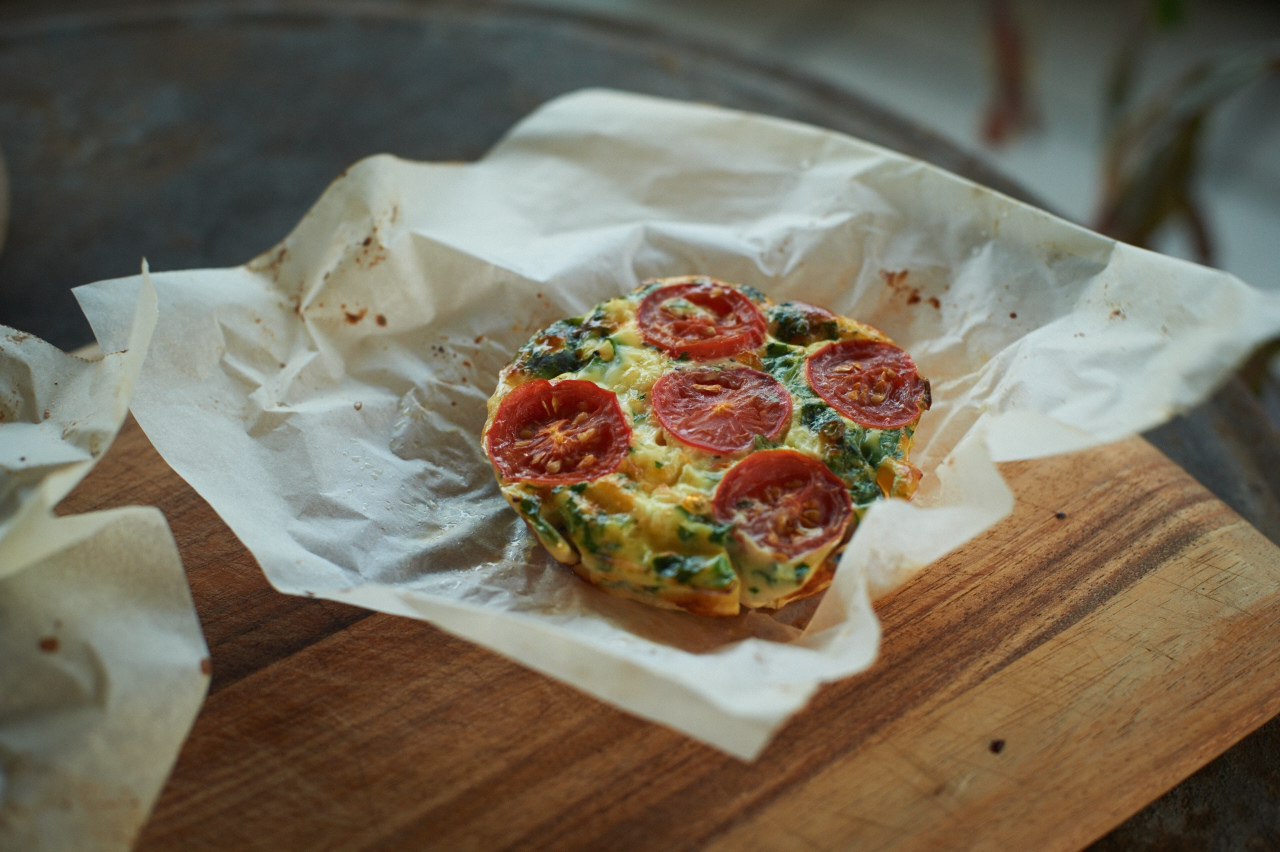Morning sickness (nausea and vomiting that women experience during pregnancy) is extremely common. Despite the name, it certainly does not only present in the morning – women may feel nauseous at any time of the day or all day long.
Very often it starts around week 6 and then eases and disappears early in the second trimester. However, having worked with many women who have experienced this sickness I can say that it commonly lingers well into the second trimester and sometimes continues for the entire 9 months. As with pregnancy as a whole, every woman’s experience is different. Some women don’t experience morning sickness at all.
It can be extremely difficult to eat enough and/or to eat a variety of foods when feeling nauseous all the time. Nausea isn’t nice at all. It impacts on our energy, day to day functioning and desire and ability to prepare and be around food (cooking and food shopping can be extremely difficult or feel impossible). Having also experienced morning sickness myself (my first experience being earlier this year) I can totally appreciate how unpleasant and hard it can be. Below are tips which I hope help and/or provide some ideas and reassurance.
- Eat regularly – small frequent meals and snacks help a lot. Many women find that regular snacking and avoiding having an empty stomach keeps the nausea at bay. I suggest having breakfast, lunch and dinner plus several snacks in between. I also suggest having a supper snack before bed. Even the smallest snack can help (e.g. a plain cracker or some nuts).
- Eat as soon as you wake – having something as soon as you wake can have you feeling so much better. I suggest something plain such as a cracker first thing or a piece of toast (some women keep crackers by their bedside). You may be able to manage and feel better for having more food first thing (a few pieces of toast or a bowl of cereal). Making yourself toast or cereal first thing and taking it back to bed can help (or having someone make it for you and bringing it to you in bed just after you wake).
- Avoid spicy and fatty/oily foods – anything very spicy and/or oily or fatty can make nausea worse. It’s helpful to be aware of this. You may actually feel better for eating hot chips (some women crave oily/salty foods), but foods like this may have you feeling worse.
- Base meals on carbohydrates and add some protein. You may have heard that many women crave or only manage to eat carbohydrates when not feeling well. Plain carbs are often easier to eat when feeling off (as opposed to vegetables, meats, etc.), go down well and are actually brilliant as provide us with much needed energy and nutrients. Depending on the severity of your morning sickness, if you can it’s helpful to have carb based meals which include some protein as protein helps to manage/reduce nausea too. Many women can’t stomach meat or fish. Examples of more manageable proteins when feeling sick/off include nuts, nut butter, legumes, cheese (mild cheddar). Tofu might also be manageable. If you can manage egg, boiled egg is great too. And by all means, if you can manage some plain lean meat then go for it. Here are some examples of very plain meals and snacks that include protein: toast with butter (+/- vegemite) + sliced mild cheddar, toast + butter + boiled egg, toast + nut butter, pasta with grated cheese on top, mild vegetable soup which includes legumes served with toast, rice or plain risotto + fried egg, crackers or rice cakes + cheese/nut butter.
Note: I have not included any veggies in the above, if you can stomach vegetables then absolutely add some e.g. avocado, tomato, anything you like. Also, if all you can manage is plain toast or plain pasta that’s ok too.
- Fresh fruit – you may not feel like fruit, but many women can manage a little. If you can, try citrus (e.g. oranges/mandarins) as these tend to be easier when feeling off/nauseous and can help you to feel a little brighter.
- Smoothies – for some women, smoothies work well as they are easy to consume plus are nutrient rich. It just depends on how you feel. I, for example, could not manage smoothies. But I do recommend trying them as they are an easy way to get some nourishment in. Even the simplest smoothie is wonderful – e.g. plant milk (or dairy milk if you can manage dairy), fresh fruit, nuts or nut butter and spoon of rolled oats is a great combo.
- Ginger/lemon – many women find that ginger eases nausea (ginger tea, ginger biscuits, anything ginger). But, I will add too that this does not work for all (ginger made me feel worse, I couldn’t stand the smell of it, so if this is you too you’re not alone! Just ignore and stay away from ginger and try other things).
- Rest – nausea may feel worse (or harder to manage) when tired so it’s helpful to rest more. If you can, also aim to get more sleep at night. If you’re having trouble sleeping due to feeling sick talk with your doctor about medications. There are several that are safe, commonly recommended and widely used by women and honestly they are worth it – a good night’s sleep will have you feeling better and happier.
- Stay hydrated – being dehydrated can make sickness worse so it’s helpful to sip on water throughout the day. It can also help to drink water before and after a meal (rather than during). You might find carbonated water helpful and/or easier to drink. Freshly squeezed orange juice might feel refreshing. I found chilled and mineral water the easiest to drink (and it made me feel better).
- Avoid being around strong smells that make you feel worse – many of us struggle with certain smells (e.g. the smell of meat or fish cooking). If you can and if you do have the support ask others to help with cooking meals. Cooking meat and fish outside on the bbq takes the smell out of the house.
- Get fresh air regularly – by this I mean avoid being indoors all day if you can. Getting a breath of fresh air regularly helps a lot. A walk outside (or in nature) can also do wonders.
- Include physical activity daily – movement, either indoors or outdoors can be so helpful for nausea management. Many women say that exercise brings the nausea down a notch. For me I found walking outside and slow jogging to be extremely medicinal, I felt so much better for it and sometimes it honestly made the nausea almost go away.
- Be kind to yourself. If all you can manage is plain toast and butter and Jatz crackers that’s ok. If very plain eating goes on for a while and you are concerned about your daily food intake and/or losing weight (or gaining weight very quickly) do seek support. One tip I’ll add too – if you’re not managing to eat a variety of foods as you usually would, taking a daily prenatal multivitamin is extremely beneficial at this time (you may already be taking one). Also make sure you’re taking the best one for you. I can always help with this (or speak with your doctor).
- If you’re really struggling and not sure what to do, do ask for help. Make sure your partner/family members and close friends know. Speak with whoever is providing you with care – your GP, midwife/midwives group, obstetrician. I’ll add again that there are several highly and commonly recommended medications to help reduce nausea, which many women need. If taking something helps you sleep, reduces nausea, makes you happier and able to function so much better then it’s worth it. I took Restavit + Vitamin B6 daily at night. This has made a huge difference to my ability to sleep and the nausea severity at night and in the morning.
Finally, below are some personal findings from my own pregnancy experience. I’ve listed some meals and snacks that I found easiest when I felt very nauseous all day long just in case this provides ideas and reassurance. I found strong flavours, all meat, fish, most vegetables, salty foods, any dairy and rich/creamy foods and any sweets at all extremely hard to stomach (which made eating interesting and challenging as this left me with little choice!). Due to nausea and vomiting I also lost a little weight early on so needed to make sure I ate regularly and enough (despite feeling sick all the time).
When very nauseous, this is what I could manage:
Breakfast:
- Cold water.
- A piece of toast first thing, with butter only or 1-2 plain crackers (VitaWheat or Jatz). I then had breakfast shortly after which was: Weet-bix + plant milk (oat) , sometimes I managed some sliced banana on top too. Some mornings I felt like I needed more food first thing so would have Weet-bix early, then a snack about an hour after.
- Coffee: I couldn’t manage coffee at all early on (which was a little sad being a coffee lover, however I didn’t feel like it at all), towards the end of my first trimester I managed a decaf or weak coffee and would have this mid-morning with something to eat (a croissant or 1-2 homemade nut meal cookies usually).
What is a safe amount of coffee and caffeine very much depends on the individual. If you are ever unsure ask your GP, Obstetrician or midwife, or please reach out to me as I can always help in this area.
Lunch:
- Toast or bread with butter and a tiny scrape of vegemite, sometimes with very mild tasty cheese (thin slices).
- Toast with a little avocado, sometimes with sliced tomato
- Vitawheat crackers + sliced mild cheese (I found Bega Tasty Cheese to be the easiest)
(with all bread/toast I always/mostly had sourdough – either white, light rye or grainy, I found this easier and more satisfying than other breads)
Dinner:
- Plain pasta, with a tiny drizzle of olive oil, a little grated cheese and cracked pepper
- Minestrone soup (mild, diluted tomato base, not many herbs and minimal salt, including butter beans/kidney beans and a few vegetables – carrot, celery, and mini pasta spirals or macaroni and potato pieces)
- Plain vegetable soup with buttered toast
- Toast with butter and cheese (again, sometimes), and sliced tomato
- Potato (roasted with minimal oil), some chicken breast (very plain), carrot/peas (I struggled to eat most vibrant vegetables I usually adore)
Snacks:
Through my first trimester and still now I snack frequently in between meals, I would have 2 snacks before lunch, two after lunch and always a supper/dessert before bed but this has never been sweet sadly as I haven’t been able to manage anything sweet.
- Jatz crackers, plain or with a little mild tasty cheese
- Almonds
- A plain almond meal based cookie (I found these to be my go-snack, they were easy to eat, not sweet and filling, having my tummy not empty helped a lot so having satiating/high protein snacks was very helpful and still is. I would recommend lemon turmeric cookies, oat peanut butter cookies and peanut butter, tahini, banana and cacao cookies – I found these cookies with cacao to be enjoyable with less sweetener added and much less cacao (but you might find the sweetness to be fine).
- Croissants! – my gosh, croissants have been something I have craved, found easy to eat and even enjoyed when feeling sick. I had weeks of having a cafe bought croissant every day at morning tea. This felt like a treat and made me happy. A few times I also bought a packet of Coles mini croissants which provided to be the perfect snack so would have 1-2 a day. I will admit that I had never craved, wanted nor bought these before but my body suddenly needed them!
- Mandarins and oranges daily, some days a banana too (I struggled with other fruits until later in my first trimester)
For days when nausea was at it’s worse and I vomited, I mostly only ate vegemite toast, plain pasta and soups.
Later in my first trimester and early into my second trimester when not as nauseous and no longer vomiting I managed more exciting meals and snacks:
- Water or very weak Rooibos tea. Some mornings I would sip on Rooibos tea while doing 5mins of yoga/streching on my mat and before breakfast.
- Breakfast: Weet-bix + home-made muesli + sliced banana (and sometimes berries too) + oat milk (as time went on, I challenged myself and added Greek yoghurt too, as I entered my second trimester I managed yoghurt in the morning daily, and at supper time with fruit – this felt like such an achievement and made me so happy)
- About an hour after breakfast I enjoyed a weak coffee (with oat milk) most days but always with a snack.
- Lunches: Sourdough + vegemite + cheese + boiled eggs / Sourdough + avocado and tomato / sourdough toast or a sandwich + peanut butter or almond butter, tomato, carrot and baby spinach / Wraps with nut butter and salad or tinned tuna and salad
- Dinners: Vegetable soup + toast / Lean chicken + veggies and potato / Roast sweet potato topped with beans, avo and grated cheese / mixed vegetable lasagne including legumes / Salmon + veggies with potato or rice and sometimes salad (I struggled with salad, so rarely had salad as a side or I would have a little bit), rice + a stir-fry of plain tofu and veggies / Pizza (simple plain meat free toppings like margarita / vegetarian), rice + very mild vegetable curry
I will add here that I couldn’t manage any red meat, minimal chicken, minimal fish and minimal eggs in my first and early in my second trimester so my main protein foods were legumes, cheese, nuts and nut butter and Greek yoghurt. Now that I’m almost halfway through my second trimester I’m managing chicken once a week, fish 1-3 times a week and mild bolognaise with pasta or in lasagne here and there)
- Snacks: Homemade nut butter/nut meal or oat based cookies, home-made nut balls, fresh fruit, Jatz + cheese, Jatz + hummus (I fell so in love with Jatz, and still am! The wholegrain seed packed crackers I usually love have become much less appealing), raw carrot and celery with nut butter or hummus, homemade plain cake (apple/almond meal based orange/berry and banana bread, I made these with no extra sweetener at all, I just used fruit as a sweetener only as I could not and still can’t manage sweet things weirdly). As I write this post at 22 weeks and I still can’t manage chocolate – sadly!). Also, sadly, I have not been able to stand anything super salty so have not touched chips or other savoury snacks, these foods can help some women manage nausea (but not all). I am usually a sweet tooth so it’s been interesting to not want any sweets at all and in fact feel sick at the thought of them (icecream, gelato, chocolate, most cakes, desserts all feel like a distant memory!). One thing I have done to make myself feel better about this is making fruit crumble with a crumble top that isn’t sweet. A bowl of crumble with Greek yoghurt has felt like a nice treat and has been enjoyable. To provide some detail, I have used chopped apple and frozen mixed berries as a base then topped this with a crumble mix of plain flour, butter, cinnamon, almond meal, chopped walnuts and oats.
Drinks I have found to be helpful:
- Cold water/ mineral water
- Lemon verbena and peppermint tea (very weak) – once the nausea reduced a bit
Note: I could not stand and still can’t stand ginger tea or anything with ginger (weird!). I did however find lemon turmeric cookies to be my favourite nausea management snack and these have a tiny bit of ginger in them.
Supplements:
During this time I did and still do take a prenatal multivitamin. I also took an Omega 3 supplement in my first and early into my second trimester as I knew I wasn’t meeting my needs. I wasn’t worried about my calcium intake (due to the calcium fortified oat milk and cheese I ate daily and then also Greek yoghurt). I also wasn’t worried about my iron as my levels prior to conceiving were good and my multivitamin provided a good boost plus I made an effort to get in good plant sources of iron as soon as I felt I could stomach them (most days). If you find yourself not managing to eat a range of foods it’s worth discussing your supplement needs as a little boost early on can be extremely protective for you and bub. Note: I am always happy to help in this area.
A few other tips:
Eating out: When feeling off and nauseous, eating out can be hard and certainly not enjoyable. Until recently I only managed very plain mild pizza (margarita). I recently tried some Thai which was challenging but it was still exciting to be out and try Thai! Indian is certainly a no-go for me. Italian is a safe option for many, as is mild Mexican (e.g. a veggie burrito) or Vietnamese such as Pho. I have missed sushi so my partner Tom and I have actually made some at home, I highly recommend giving this a go.
Ask your partner and/or family members or friends to help prepare a few meals for you. I had family provide some meals for me very early on which was helpful as for weeks I couldn’t even manage being in the kitchen. My mum made a few soups. Tom made wonderfully plain meals for me too and still does every week. A few of which I’ve found to be helpful and enjoyable are plain Napolitana sauce (some of which I froze) to have with pasta or gnocchi, he made me plain potato gnocchi and plain spinach and ricotta ravioli, veggie stir fries (not spicy) + steamed rice, plain Minestrone soups, baked falafels (not oily) with flat bread, hummus and avocado, simple tomato based pasta sauces with legumes, very mild plain veggie curries (I found tomato based curries easier with only a little coconut milk), vegetable pies (puff or short crust pastry filled with a non-spicy vegetable filling).
While it’s been challenging at times, I am thankful to have experienced morning sickness as I now know exactly what it feels like and know how hard it can be. The one great thing to remember is that it doesn’t last forever!



